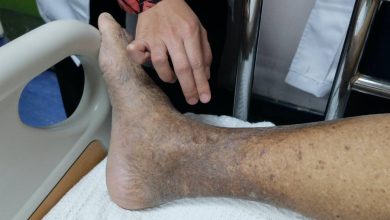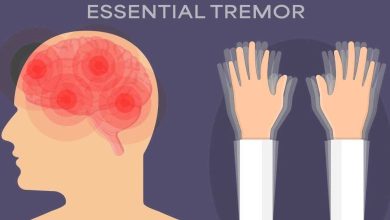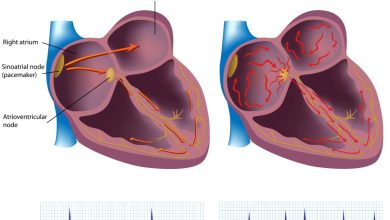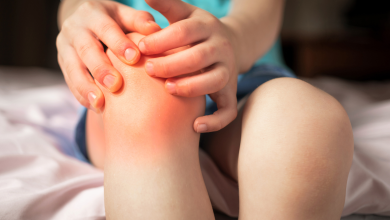Chilblains Causes, Symptoms, Diagnosis and Treatment
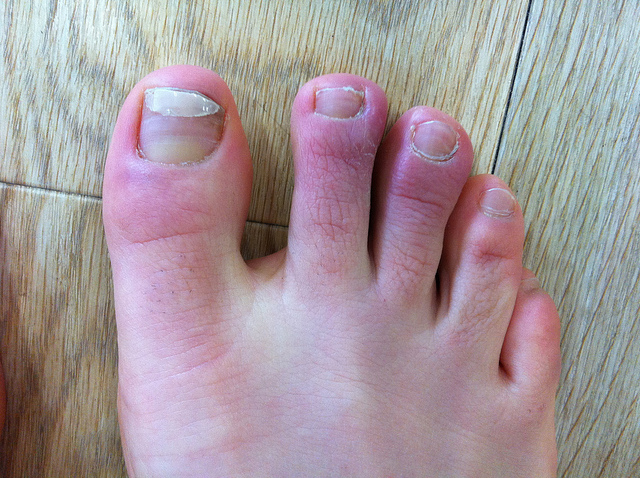
What Is Chilblains?
Also called pernio, chilblains is a medical condition where individuals who are vulnerable to the condition experience swelling and blisters on their skin when exposed to humidity or cold weather.
Exposure to the cold can damage tiny blood vessels (capillaries) in the skin which then lead to exhibition of symptoms in an individual.
Although they rarely cause any permanent damage, chilblains can be highly uncomfortable and a source of agony for the affected individuals.
Moreover, if chilblains persist and are left untreated, they may lead to the development of infections. Infections, in turn, can cause severe damage if not promptly treated.
Avoidance to cold and humid conditions, wearing warm clothes and covering the affected skin and thereby shielding the skin from further harm normally cause the chilblains to disappear in a few weeks.
Causes Of Chilblains:
The definite cause of chilblains is yet unknown.
They are a result of an abnormal reaction to cold. The narrowing and widening of blood vessels when the skin is exposed to cold and heat respectively is a natural biological phenomena.
However, if this occurs too quickly, blood vessels near the skin are unable to handle the increased blood flow. This may cause blood to leak to the surrounding tissues, which in turn causes swelling and itchiness; symptoms associated with chilblains.
However, as to why some are more prone to developing chilblains is not fully understood.
People at a higher risk of developing chilblains may include people with:
- Poor blood circulation
- a family history of chilblains
- regular exposure to cold and humid conditions
- a poor diet
- a low body weight, due to malnutrition or anorexia nervosa
- lupus, a medical condition which causes swelling in the body’s tissues
- Raynaud’s phenomenon, which affects the blood supply to different parts of the body.
- Peripheral vascular disease, which in turn may be caused by diabetes, smoking or hyperlipidaemia
- Hormonal changes
- Bone marrow disorders
Symptoms Of Chilblains:
The following signs and symptoms are exhibited:
- Blistering of affected area ( mostly fingers and toes)
- Burning and itching sensation in extremities
- Dermatitis
- Digital ulceration, in severe cases only
- Erythema, marked by blanchable redness of the skin
- Pain in affected area
- Skin discoloration, red to dark blue
Diagnosis Of Chilblains:
Generally chilblains does not require a diagnosis since it heals on its own without the need of medical assistance.
However, in case medical assistance is required, chilblains is diagnosed via:
- A physical examination, where the doctor ay diagnose the condition based on the symptoms
- A skin biopsy, to rule out other possible causes for the occurrence of the signs and symptoms.
Treatment Of Chilblains:
Chilblains generally does not require any medical treatment. It tends to heal on its own in a span of 2-3 weeks.
However, a topical steroid cream can be applied to relieve itch.
In case of severe case of chilblains, the following treatment options are available:
- Vasodilation, to reduce pain and prevent recurrences.
Nifedipine, in form of an oral pill or topical formula
Diltiazem - Applying a mixture of friar’s balsam and a weak iodine solution
Related Articles:
Bursitis Causes, Symptoms, Diagnosis and Treatment
Folliculitis Causes, Symptoms, Diagnosis and Treatment
Carcinoid Syndrome Causes, Symptoms, Diagnosis and Treatment
Buerger’s Disease Causes, Symptoms, Diagnosis and Treatment
Shingles Symptoms, Causes, Diagnosis and Treatment
Cradle Cap Causes, Symptoms, Diagnosis and Treatment
Contact Dermatitis Causes, Symptoms, Diagnosis and Treatment
Cold Urticaria Causes, Symptoms, Diagnosis and Treatment
Henoch Schonlein Purpura (HSP) Causes, Symptoms, Diagnosis and Treatment
Soft Tissue Sarcoma Causes, Symptoms, Diagnosis and Treatment
Pilonidal Cyst Causes, Symptoms, Diagnosis and Treatment
Stevens-Johnson Syndrome Causes, Symptoms, Diagnosis and Treatment
By : Natural Health News

